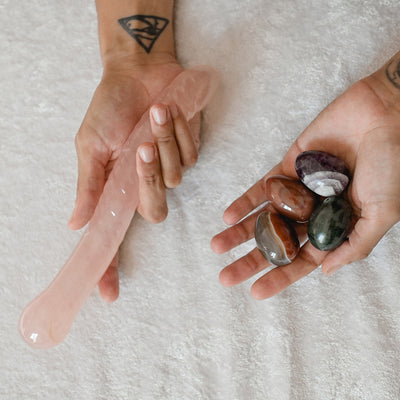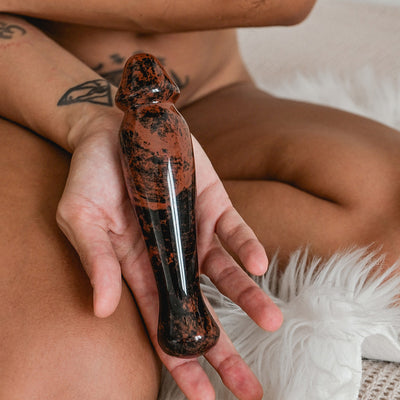STANDARDS, ETHICS AND SUSTAINABILITY
Make yourself some tea, and come sit with us.
Let’s have a heart to heart conversation.
Someone has to say things as they are, and we have no fear of shining on uncomfortable truths in the name of integrity:
To date, there has not been any universally accepted criteria for the term “ethical sourcing”, nor is there any accrediting organization that regulates this term and audits businesses.
What this means is that this alone is quite problematic as it implies that it is up to each business to create their own definition of what ethical sourcing means… which we can deduce, it can vary significantly.
While ethical sourcing usually implies that products are made in sustainable and responsible ways, this term has been used so loosely in these times that nowadays… it does not hold much significance.
Especially in a time when anybody can use the phrase as a way to market their products and engage in the deceptive practice of greenwashing to increase their sales.
Almost 100% of the time if you were to ask a business if their items are “ethically sourced” they will say YES because they know if they say no they will probably lose the sale.
With no accountability behind this term, it makes it very difficult to sort through the businesses that are purposefully deceiving others for profits and those trying to make a positive impact on the people and planet (yes, like us).
The truth is... unless you know exactly where things come from and have direct connections to your sources it is impossible to know the real social and environmental impacts of the products you are purchasing.
For this reason we have dedicated a inconsiderable amount of time and research towards understanding the impacts of the mining industry and how it affects the people and environment:
And we learned very uncomfortable truths:
Landscapes, animals and natural habitats are often destroyed at the expense of human greed and consumption, especially when talking about crystals that are a billion dollar industry currently with the advent of the New Age...
So to find people who operate in sustainable ways and work to preserve ecosystems is exceptionally challenging.
However, the good news is that we have seen that mining does not always have to be a destructive process and it is possible to restore and regenerate lands with intelligent land use practices.
The goal of Sacred Woman is to focus on being a brand that is highly responsible and trustworthy and to slowly begin to make regular contributions to a number of organisations as an effort to minimise the environmental impact of extracting crystals, as the business grows and impacts and a percentage of funds from each sale can be utilised to move towards this direction.
As a first step we have already officially partnered up with Eden Reforestation Projects, a leading authority on the sacred mission of planting trees and giving back to the Earth what she is so generously and unconditionally giving to us.
We specifically are donating each month to where most of our crystals are being sourced, in Madagascar and Brazil.
Eden not only plants trees, but they bring labour to whole villages.
By hiring the local villagers to plant trees and maintain the grounds gives them a consistent income so they can provide food, money and safety for their families.
As the reforestation effort goes on, healthy forests begin to emerge and the negative effects of deforestation can begin to disappear.
Secondly, all the crystals you will find in this shop are uncompromisably mined in non-conflict, non-war zones, where moral principles are taken as much as possible into account throughout the entire process and where there is still an abundance of these specific types of crystals, Rose Quartz, Red Jasper, Carnelian, Amethyst, Obsidian, Sheen Obsidian, Clear Quartz, White Jade and Nephrite Jade.
You will find the list of which lands our crystals are sourced from and their specific mines scrolling more below.
It will be our responsibility to inform our clients and audience of the progress and achievements of our goals and accomplishments over time.
REGARDING PURITY OF OUR STONES
What makes our crystals truly special is the amount of time, energy and effort that has been devoted into finding collaborators that work according to our own standards and ethics, from the mining process to the finished product.
All our crystals are made with no additives, chemicals or oils.
When it comes to the carving process many use low-grade oils that are toxic in nature especially when used internally. Our crystals are carved and shaped only with high-pressure water and are polished one by one by hand.
Furthermore, at Sacred Woman we have undergone the process of sending one crystal specimen sample per each stone to be GIA certified by the Gemological Institute of America*
As the most established institute in this field, the GIA is a non-profit organization dedicated to the research, standardization and teaching of diamonds, gemstones and pearls since 1931.
The Gemology Institute of America offers a certification process through their on-site lab either in NY or California.
* Please note that there is no way for GIA to certify every single crystal from a whole mine, reason why we cannot provide the original copy of the certification, but only the sample.

What this GIA certificate guarantees is that the products are made of real, safe and authentic crystals, which have not been heated, dyed or modified in any way.
You can consult the individual certificates on the product detail pages.
ORIGIN OF SACRED WOMAN™ CRYSTALS
Nephrite Jade, White Jade: China, Qinghai-Golmud mines
Amethyst, Clear Quartz, Red Jasper, Carnelian: Brazil, Minas Gerais
Black Obsidian, Rare Obsidian: Mexico, La Revoltosa Mines
Rose Quartz, Red Jasper: Madagascar, Vakinankaratra mines
PROCESS OF THE CRYSTALS
The stones come from natural deposits listed above and then are quarried into rough pieces with pressurised water machine power and then cut into shape from a small qualified crystal company situated in the province of Golmud, China, very near Tibet, with around 25 employees and are treated with so much more care and value than huge corporate manufacturers.

 ù
ù





